E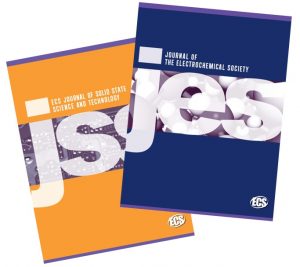 CS would like to thank all of the individuals who served as 2017 reviewers of the Society’s journals.
CS would like to thank all of the individuals who served as 2017 reviewers of the Society’s journals.
Peer review is an essential element to disseminating trusted research results, and validating the science underpinning potential technical breakthroughs to advance society.
The success of ECS journals is dependent upon the expertise, judgment, and commitment of the Society’s reviewers. Their assistance has contributed greatly to the high quality that continues to be characteristic of the Journal of The Electrochemical Society and the ECS Journal of Solid State Science and Technology.
Thanks to their efforts, the 2017 volume year proved exceptional for ECS journals. Highlights include:
- ECS published 289 (16.7%) more articles than it did in the 2016 volume year.
- Over 35% of the journal content published in the ECS Digital Library since 2014 is now open access.
- The ECS Digital Library received a record-breaking 3.5 M full-text downloads, up from 3.2 M in 2016.
- ECS celebrated its first Free the Science Week (April 3-9, 2017) by taking down the paywall. During the month of April, ECS’s active publications (JES, JSS, and ECST) saw a 70% increase in usage over April 2016. (Remember to visit the ECS Digital Library during Free the Science Week 2018, April 2-8, to download ECS content for free!)
- For Open Access Week (October 23-29, 2017), ECS again took down the paywall. During the month of October, the ECS Digital Library saw 72,705 more downloads than the 2017 monthly average of 230,765.
Last year’s journal publication statistics are extremely encouraging. More journal articles are being published, more authors are publishing open access, and more content is being downloaded. In part, these achievements are due to the extraordinary work of the Society’s reviewers, who work tirelessly to sustain the quality of ECS journals day in and day out.
ECS thanks its reviewers for their commitment to the Society, its researchers, and scientific integrity. Their service in support of ECS’s efforts to advance open science and achieve a sustainable future is sincerely appreciated.
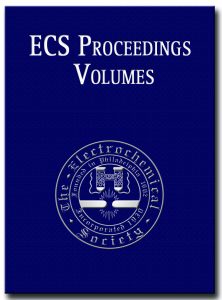 ECS is pleased to announce the addition of over 450 proceedings volumes to the archival content available through the ECS Digital Library.
ECS is pleased to announce the addition of over 450 proceedings volumes to the archival content available through the ECS Digital Library.

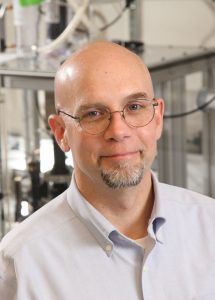 The Electrochemical Society has appointed Robert G. Kelly of the
The Electrochemical Society has appointed Robert G. Kelly of the 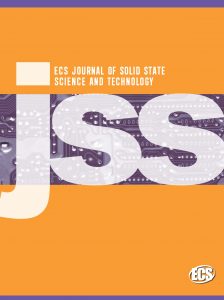
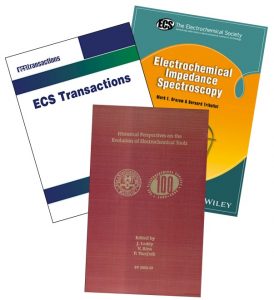 Attending the
Attending the 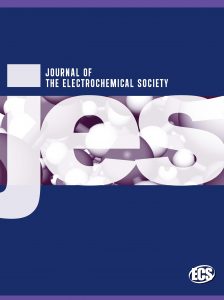
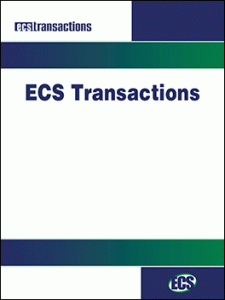 Twelve new issues of
Twelve new issues of 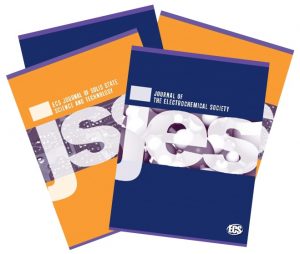

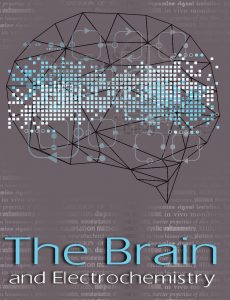
 CS would like to thank all of the individuals who served as
CS would like to thank all of the individuals who served as